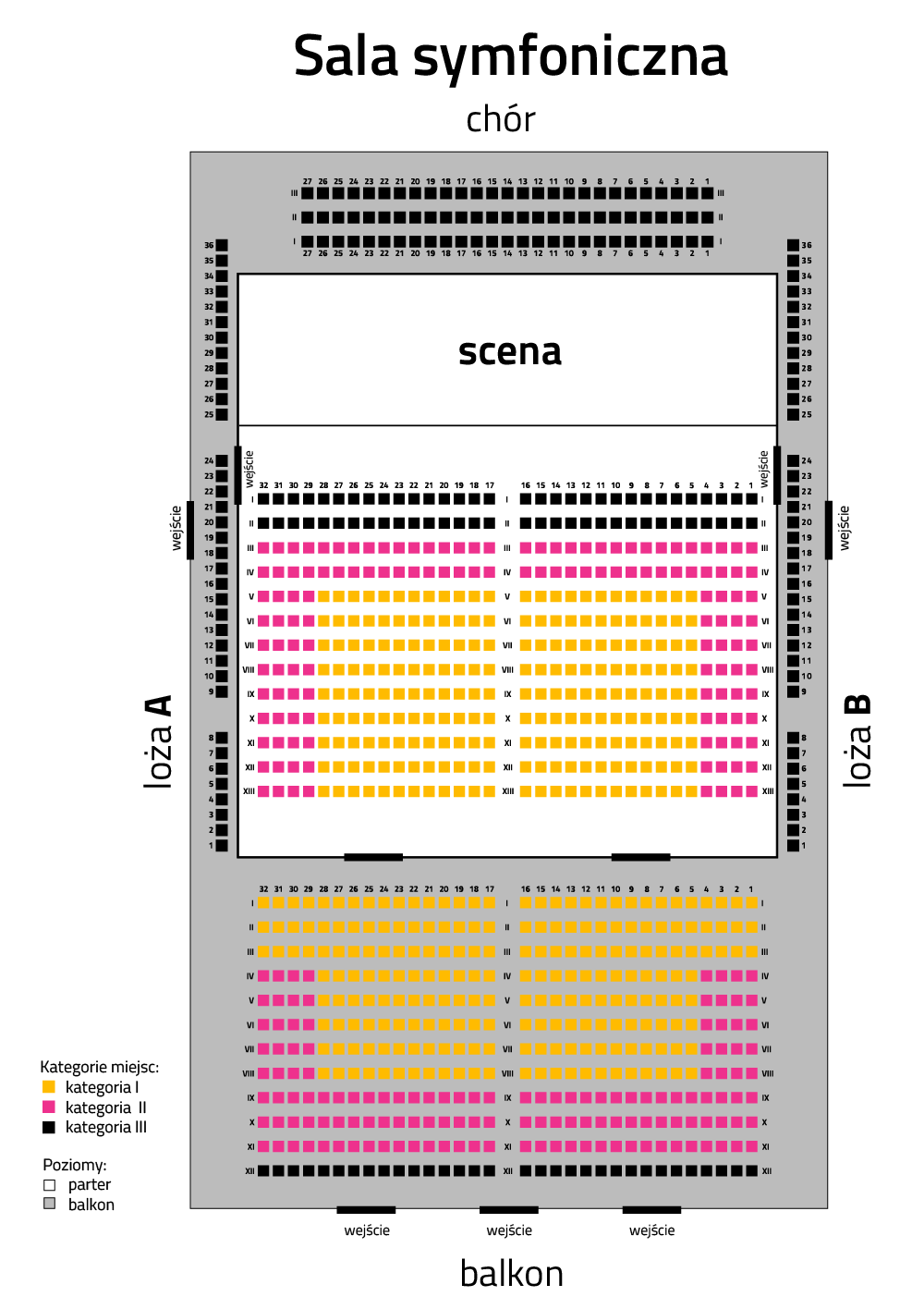Doubt and dissatisfaction with the final effect are frequent dilemmas of ingenious composers. They also apply to works belonging to the canon of classical music, which we currently recognize as excellent. Their beginnings were difficult, and work on them significantly extended. One famous example of introducing constant corrections to the work is the overture to "Fidelio", the sole opera by Ludwig van Beethoven, the first (sic!) premiere taking place in 1805. The composer refined and exhibited the work two more times, so there were as many as four versions of the overture itself. The first three were not destroyed and forgotten, but gained the status of independent works, functioning under the titles of the main character of the opera: "Leonore" 1, 2 and 3, the most famous of which is "Leonore" the third.
Felix Mendelssohn also had doubts after the premiere of his first symphony "Reformation", written for a great symphony orchestra. Although this composition is given the opus number 107, it belongs to the youthful works of the German composer. Mendelssohn gave up on publishing it, being released only in 1868, more than 20 years after his death. The symphony, today considered one of the most important in the work of the Romantic, did not gain the recognition of his contemporaries, likely due to anti-Semitism. Mendelssohn, although raised in the Lutheran tradition, came from a family with Jewish roots. The clash of this fact with the religious overtones of the symphony, in which the composer also quoted the famous chorale by Martin Luther "Ein feste Burg ist unser Gott", as well as the circumstances of the uprising, commemoration of the 300th anniversary of the Augsburg Confession, caused the Berlin audience to resist.
"Life after Life" was also gained by the Concerto for cello and orchestra No. 1 in C major by Joseph Haydn, which will be performed by Pablo Ferrandez. The composition was probably written in 1783 for a long-time friend of the creator, cellist Joseph Franz Weigl. For almost 200 years it was considered lost. It was not until 1961 that a manuscript was found in the Prague National Museum, and the re-premiere of the work took place a year later.
Exhibition available during event:
Arytmia | Tomasz LubaszkaOparte na rytmiczności kompozycji malarstwo Tomasza Lubaszki precyzyjnie operuje napięciem. Przyciąga widza i wprowadza go w harmonijny, monochromatyczny świat kolorów i płaszczyzn. Płynące z obrazów wrażenie intymności i medytacyjności stanowi kontrapunkt do monumentalności, którą artysta osiąga poprzez skrupulatną redukcję krajobrazu do jego abstrakcji. Tu świat jest tylko pretekstem do malarskich eksperymentów z formą i barwą, w wyniku których powstają kadry cudownie proste i w tajemniczy sposób złożone.
DETAILS
Beethoven | Haydn | Mendelssohn
30-11-2018 19:00

Symphony HallFilharmonia im. Mieczysława Karłowicza w Szczecinie
ul. Małopolska 48
70-515 Szczecin

